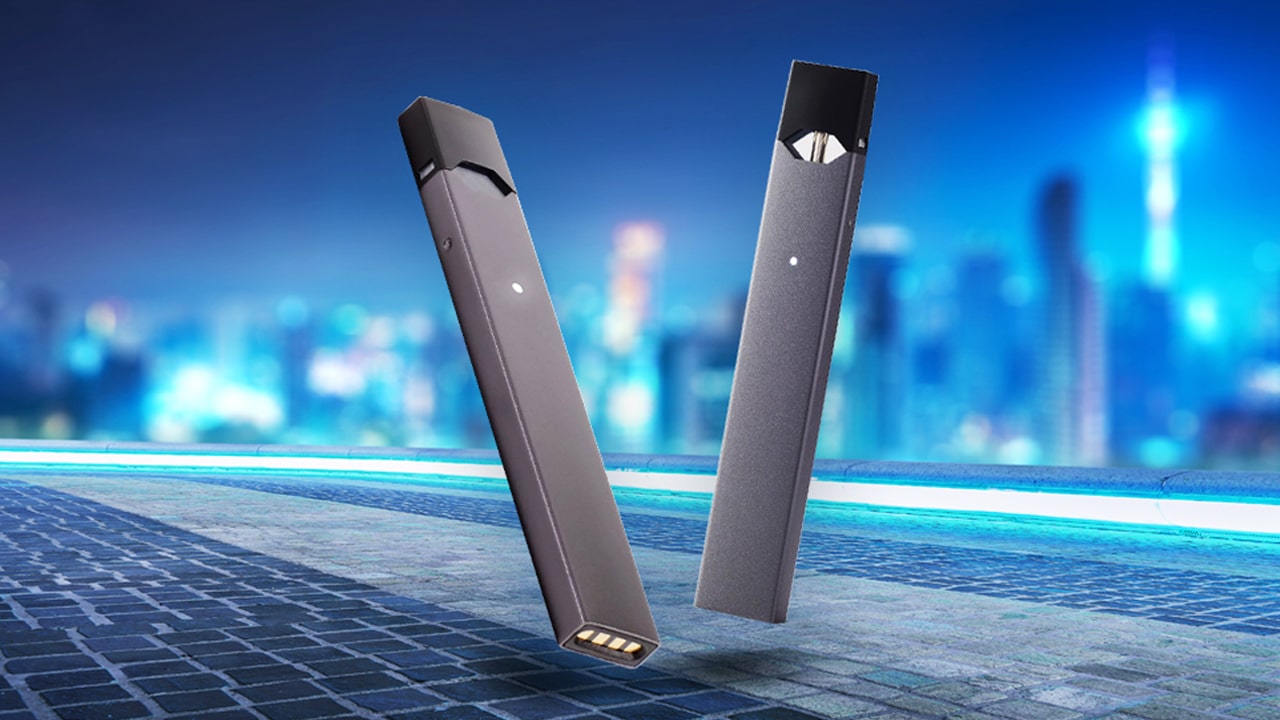Generation Hispanic TV - Live
Juul pays out $400 Million in Vaping Settlement with Feds
Vape Manufacturer Juul has been accused of encouraging the youth vaping epidemic
Popular vape manufacturer Juul has, this September, settled with the US government for $438.5 million dollars in fines for their marketing practices that are blamed for encouraging the youth vaping epidemic. This vaping settlement closes the investigations of 36 states and the proceeds will be split among them for the costs incurred fighting the vaping epidemic. Vaping emerged as a popular alternative to smoking cigarettes over the past decade and public health officials noticed a sharp uptick in young people vaping. Seen as a safer alternative, smoking cessation advocates began turning their attention from regular cigarettes to vaping.
The Vaping Crisis
Regulation and attention on vaping products began in earnest in 2018 when unregulated marijuana vape cartridges that had been adulterated with vitamin E began making young people sick in droves. States like New York and Michigan rushed to ban all vaping entirely despite the fact that nicotine manufacturers were not responsible for the crisis. Nicotine vapes are commonly used in Europe as a way to quit smoking with some hospitals in the UK selling them in gift shops.
Many Americans noticed an uptick in vape shops popping up in shopping centers and other locations around cities and towns throughout the United States. Online competitions to blow the biggest clouds of vapor began to occur and social media platforms took to the trend as well with whole YouTube channels devoted to vaping. Private manufacturers and shops created ever more exciting blends. Vaping is different from cigarettes due to the ability to create many wonderful fruit flavors instead of the regular tobacco smoke many of us know.
But now, the FDA has stepped in to shut the party down. The FDA moved to make vaping companies comply with the same regulations as cigarette manufacturers. This included requiring that every flavor and flavor variant be approved specifically by the FDA through an arduous process that required testing. This knocked out many small manufacturers of vape juice. Juul would be bought up by the cigarette manufacturer Reynolds to navigate the process. In the end, the FDA disallowed them from selling flavors that seemed to attract younger users and made them only offer plain tobacco flavor. Over the past several years, Juul has been in court with the federal government to come to this settlement.

© Getty Images
Juul and the Regulators
Juul was criticized for its fashionable and youth-oriented advertising. Advertising for tobacco products has been regulated for the past 30 years. Juul had to largely follow these regulations but they were able to advertise in a way that made vaping seem cool and modern. On top of that, the flavoring was blamed for luring young people into smoking who might not have otherwise. Smoking cessation advocates had enjoyed years of declining smoking rates with Gen Z smoking the least of any American generation since data began being kept. Gen Z was into the single digits of smoking with rates of smoking well under 10%.
Prior to the settlement, Juul was the most visible vaping, while not being the largest manufacturer. Juul vapes and their associated pods are small, easy to carry, and only about the size of a single cigarette. This meant that teens can easily hide the device and it would have no off-putting smell. This drew the attention of the FDA and new regulations were put in place. This settlement is the culmination of a years-long battle over vaping and how to regulate this new form of tobacco consumption.
Juul and its competitor Vuze are still on shelves in gas stations and elsewhere across the country, albeit in a diminished form. And the entire nicotine vape industry has taken a hit and the industry has shrunk due to regulation and the approval process. Much like cigarettes before it, the federal government is set on trying to all but ban vaping in the name of public health.
The Final Cloud
Vaping, at least for now, still exists. Juul, now owned by a big tobacco company, will continue to be on the market. However, the vaping industry, rather than flying under the radar is now firmly in the sights of the FDA and its regulators. Any new regulation applied to cigarettes (like removing menthol) will certainly also be applied to vaping. But, this settlement doesn’t entirely end the journey for Juul and they will still have to settle with 24 states separately in separate judgments that will come out over the coming years.



